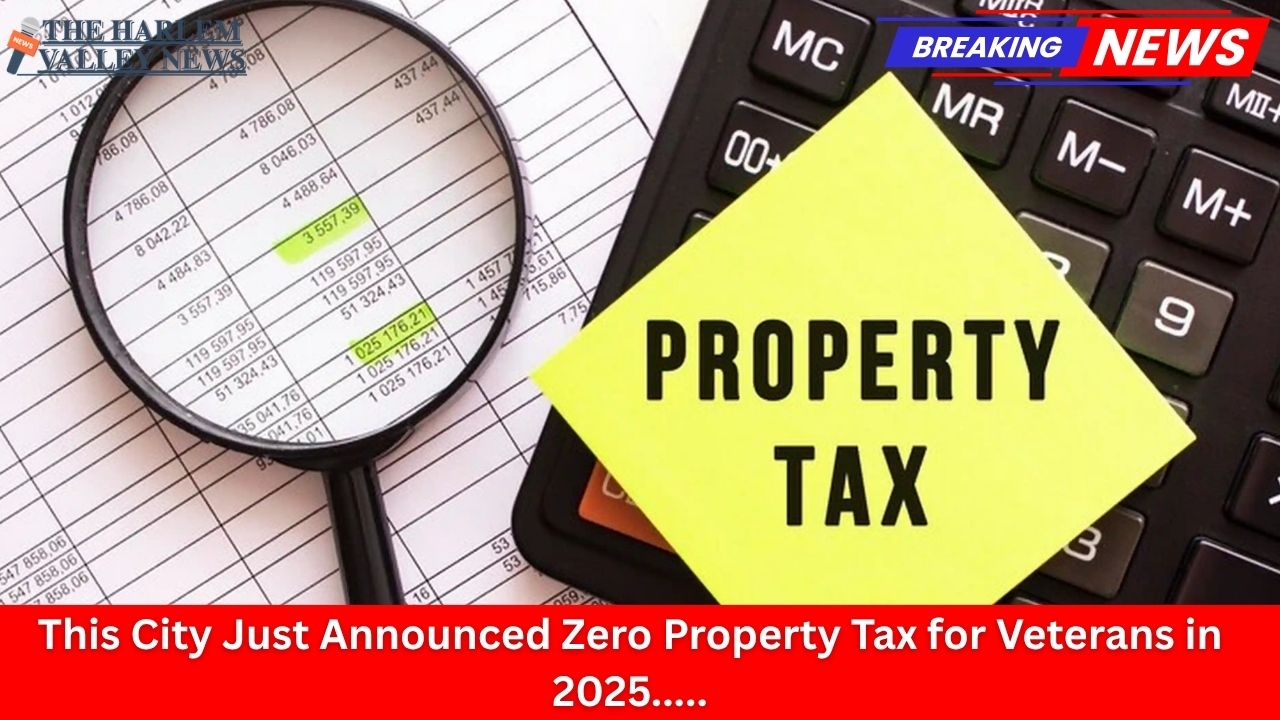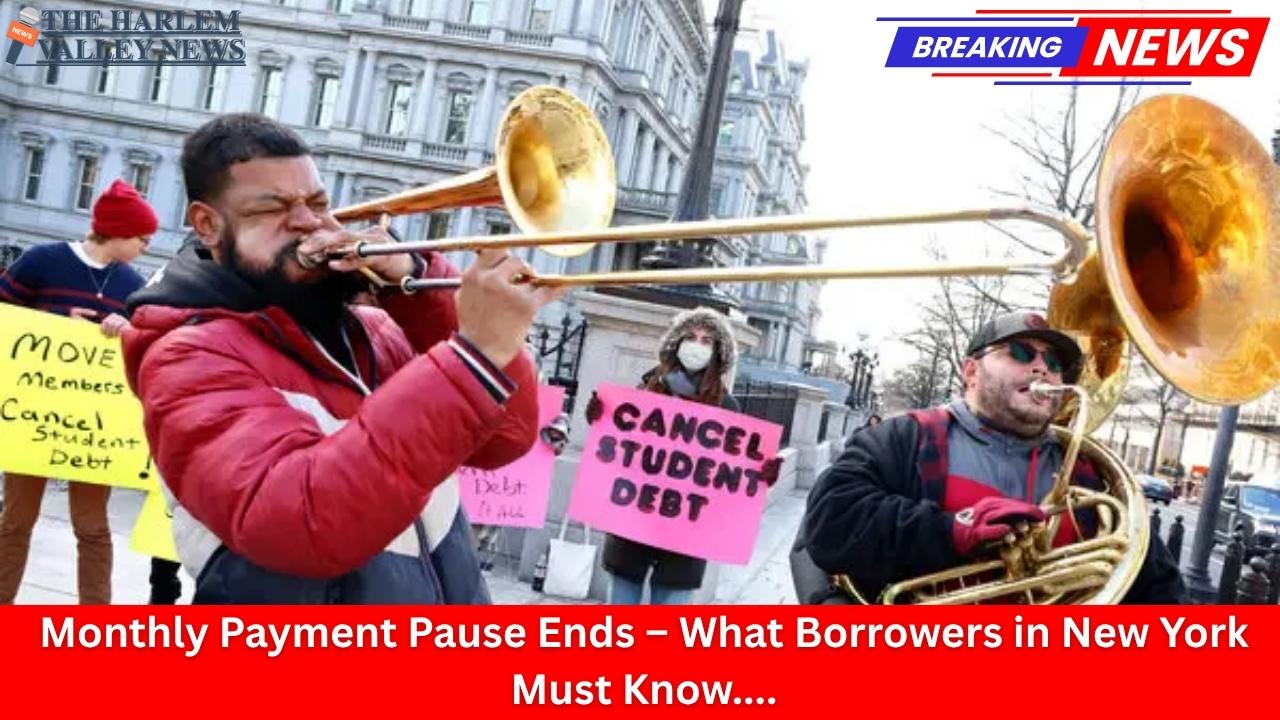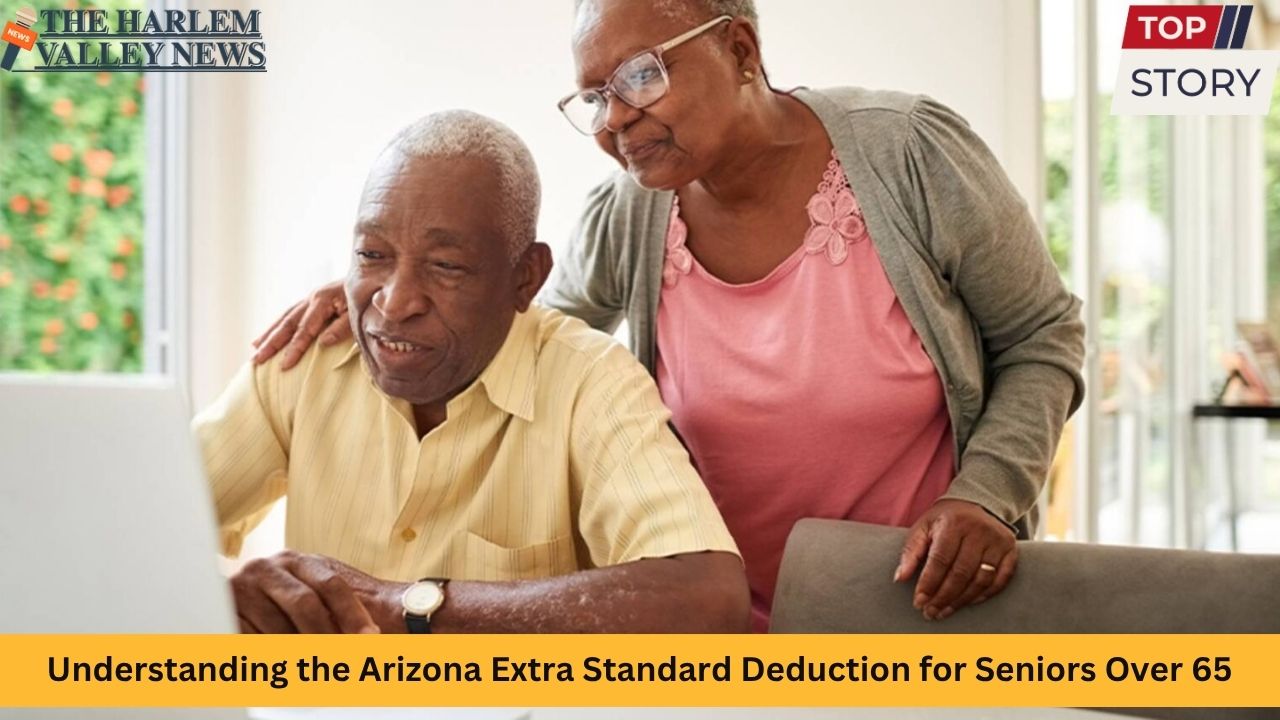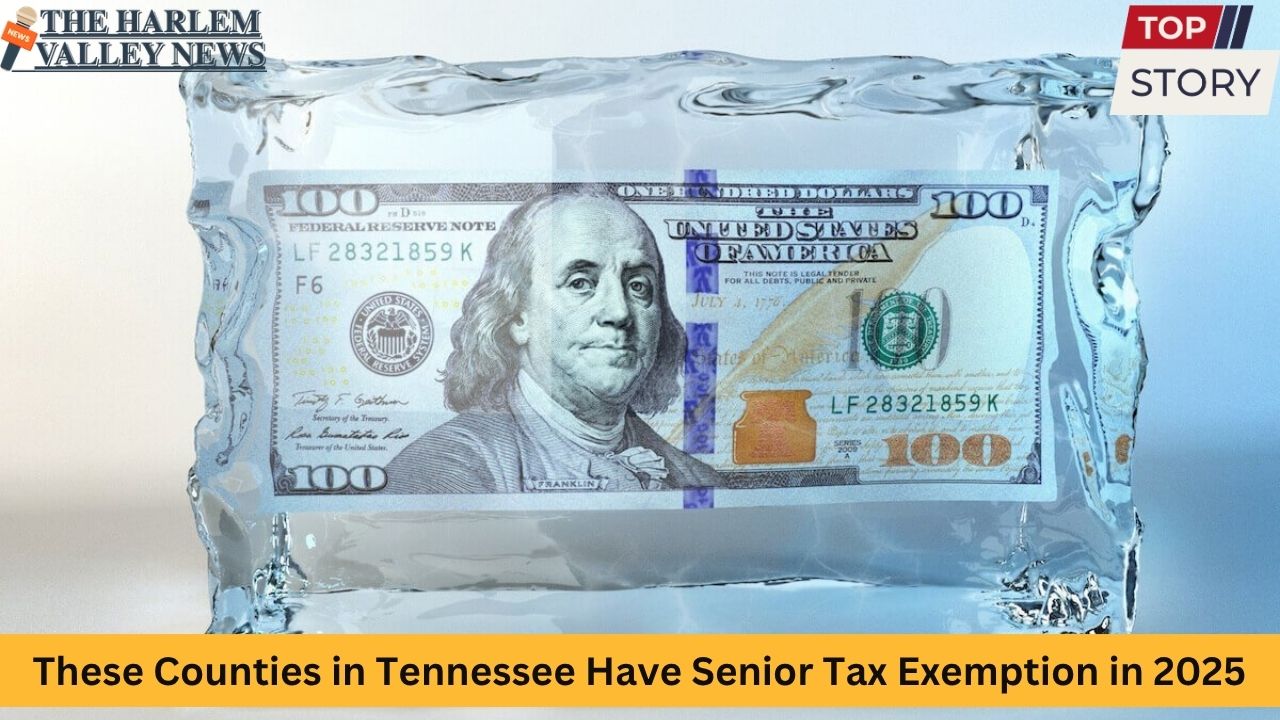Several counties in Florida offer full or substantial property tax exemptions for senior citizens in 2025, providing significant financial relief for older homeowners. These exemptions are a vital component of Florida’s property tax system, aimed at easing the tax burden on seniors who often live on fixed incomes. This article explores the counties that offer full property tax exemptions for seniors, the qualifications for these exemptions, and the nuances of various local options available in Florida.
Florida Counties Offering Full Property Tax Exemptions for Seniors in 2025
Property tax exemptions for seniors in Florida generally come in the form of additional homestead exemptions, which reduce the taxable value of the property. While the state mandates certain basic exemptions, many counties and municipalities enact local ordinances that allow qualifying seniors to receive either full or near-full exemptions on portions of their property taxes, notably exempting non-school taxes.
Below is a table detailing key counties in Florida that offer generous property tax exemptions for senior residents in 2025, including income limits and conditions for eligibility:
| County | Exemption Details | Income Limit for 2025 | Residency & Property Value Requirements |
|---|---|---|---|
| Miami-Dade | Additional exemption eliminating county & city tax portions | Household income varies by local option | Age 65+, homestead on property, often requires low income and long-term residency (25+ years for full exemption) |
| Broward | Additional exemption up to $50,000 on non-school taxes | Adjusted gross income limit applies | Age 65+, qualifications include income limits, some cities allow exemptions for long-term residency |
| Palm Beach | Low-income senior exemption of up to $50,000 on county and select city taxes | $35,167 (2023 figure, subject to annual update) | Age 65+, income below limit, must maintain homestead; some cities offer enhanced benefits for long-term residents |
| Pasco | $50,000 additional homestead exemption | $37,694 adjusted gross household income | Age 65+, must qualify for homestead exemption, income limits apply |
| Leon | Low-income exemption up to $25,000, with additional exemption for long-term residency | Income limit set by state annually | Age 65+, income limits, long-term residency for full benefit, must qualify for homestead exemption |
| Nassau | Additional $50,000 homestead exemption excluding school taxes | $37,694 (2025 limit) | Age 65+, income below limit, proof of income required by March 1st |
| Orange | Income cap of $37,694 for exemption qualification | $37,694 | Must qualify for homestead exemption; age 65+ and income proof required |
| Lake | Up to $50,000 additional exemption for seniors with income limits | Income limit adjusted annually | Age 65+, income under threshold, income documentation required |
| Lee | Exemption up to $50,000, income limits apply | Adjusted annually by Florida Dept. of Revenue | Age 65+, must meet income and homestead qualifications |
Understanding the Exemptions and Their Application
The property tax exemptions for seniors primarily reduce the taxable value of their homes by a certain amount, which can be as high as $50,000 in many counties. These exemptions typically apply only to the county and municipal tax portions and do not affect school district taxes, which are a separate levy.
To qualify for these exemptions, seniors generally must:
-
Be 65 years of age or older by January 1 of the tax year
-
Own and occupy the property as their permanent residence (homestead)
-
Have a total household adjusted gross income at or below a specific limit that varies by county and is adjusted annually
-
In some cases, have maintained residency on the property for 25 years or more, especially for exemptions that offer a full property tax exemption or assessed value freeze
-
Submit proof of age and income, such as Federal Income Tax Returns or Social Security statements
Some counties offer additional benefits for long-term residents with property values below certain thresholds, often $250,000 or less. For example, Miami-Dade and Leon counties have programs that provide full exemptions if seniors meet these criteria, which include living in the home continuously for 25 years.
Benefits Beyond the Standard Exemptions
Beyond the age and income-based exemptions, Florida also provides additional property tax relief options for certain groups, including:
-
Veterans with service-connected disabilities may qualify for exemptions ranging from partial to full property tax relief depending on the degree of disability.
-
Widows and widowers may receive exemptions or additional tax relief.
-
First responders with permanent disabilities from line-of-duty injuries may also be eligible for exemptions.
Application Deadlines and Process
Seniors interested in qualifying for these exemptions must apply through their local county property appraiser’s office. Typical deadlines for filing applications and submitting income documentation fall around March 1st for application and May or June 1st for income proof.
Property owners should check specific requirements and income limits with their county property appraiser’s offices as local ordinances and income thresholds can vary and are updated yearly by the Florida Department of Revenue.
Florida’s property tax exemption programs for seniors provide crucial financial relief that helps many retired residents maintain their homes and manage fixed incomes. With exemptions up to $50,000 in assessed value reduction and even potential full exemptions for long-term residents in some counties, Florida stands out as a state that recognizes the financial challenges faced by its aging population and offers meaningful assistance through its property tax system. Seniors planning their finances for 2025 should explore these county-based exemptions and ensure timely application to benefit fully from these tax-saving opportunities.

















Leave a Reply